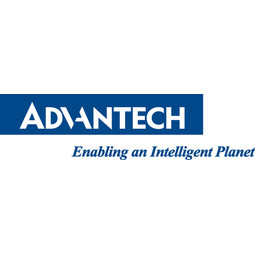Advantech
Case Studies
SetiBT Long-Distance Fueling Project
Overview
 |
SetiBT Long-Distance Fueling ProjectAdvantech |
Functional Applications - Fleet Management Systems (FMS) | |
Agriculture Oil & Gas | |
Logistics & Transportation Procurement | |
Fleet Management Asset Health Management (AHM) Supply Chain Visibility | |
Software Design & Engineering Services System Integration | |
Operational Impact
| The system automatically recognizes the equipment and authorizes the transfer of a specific amount of fuel according to pre-established equipment requirements, saving unnecessary wastage and reducing pilferage by preventing unauthorized fuel transfers. | |
| The flow control meter affixed to each truck records the volume of fuel transferred, enabling the operator to review the exact quantities and types of fuel and lubricant delivered. | |
| The fuel flow meter communicates directly with the Advantech TREK-723 in-vehicle terminal, using on-board RFID technology to identify the category of equipment being refueled, and the type and volume of fuel dispensed. | |
Quantitative Benefit
| The fuel transportation solution allows customers to effectively save up to 2% of the millions of liters of fuel typically used per year. | |


